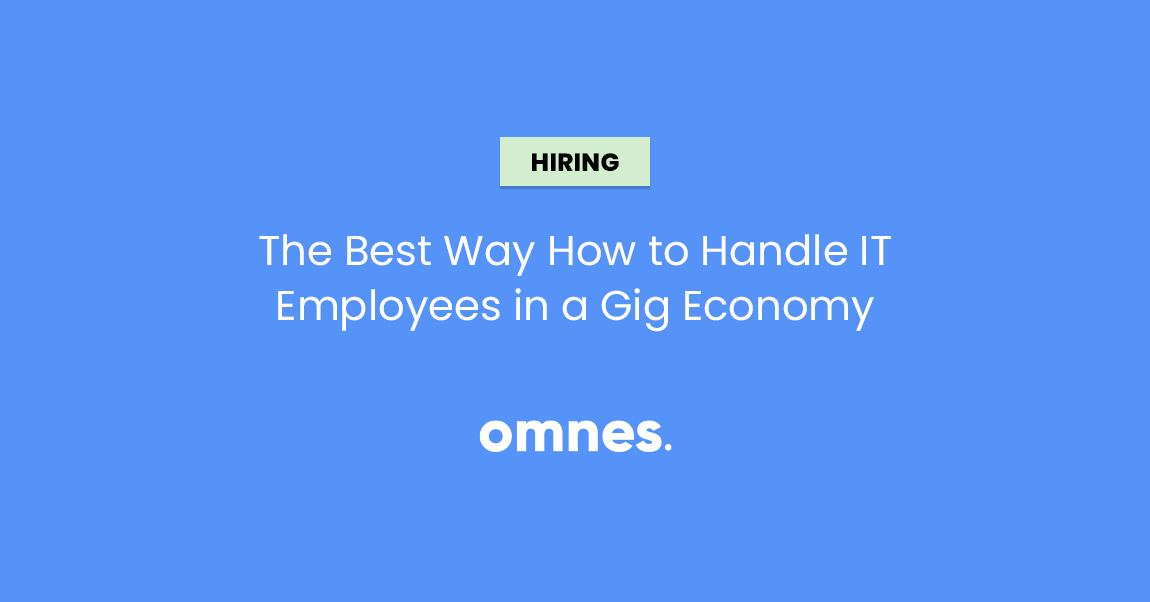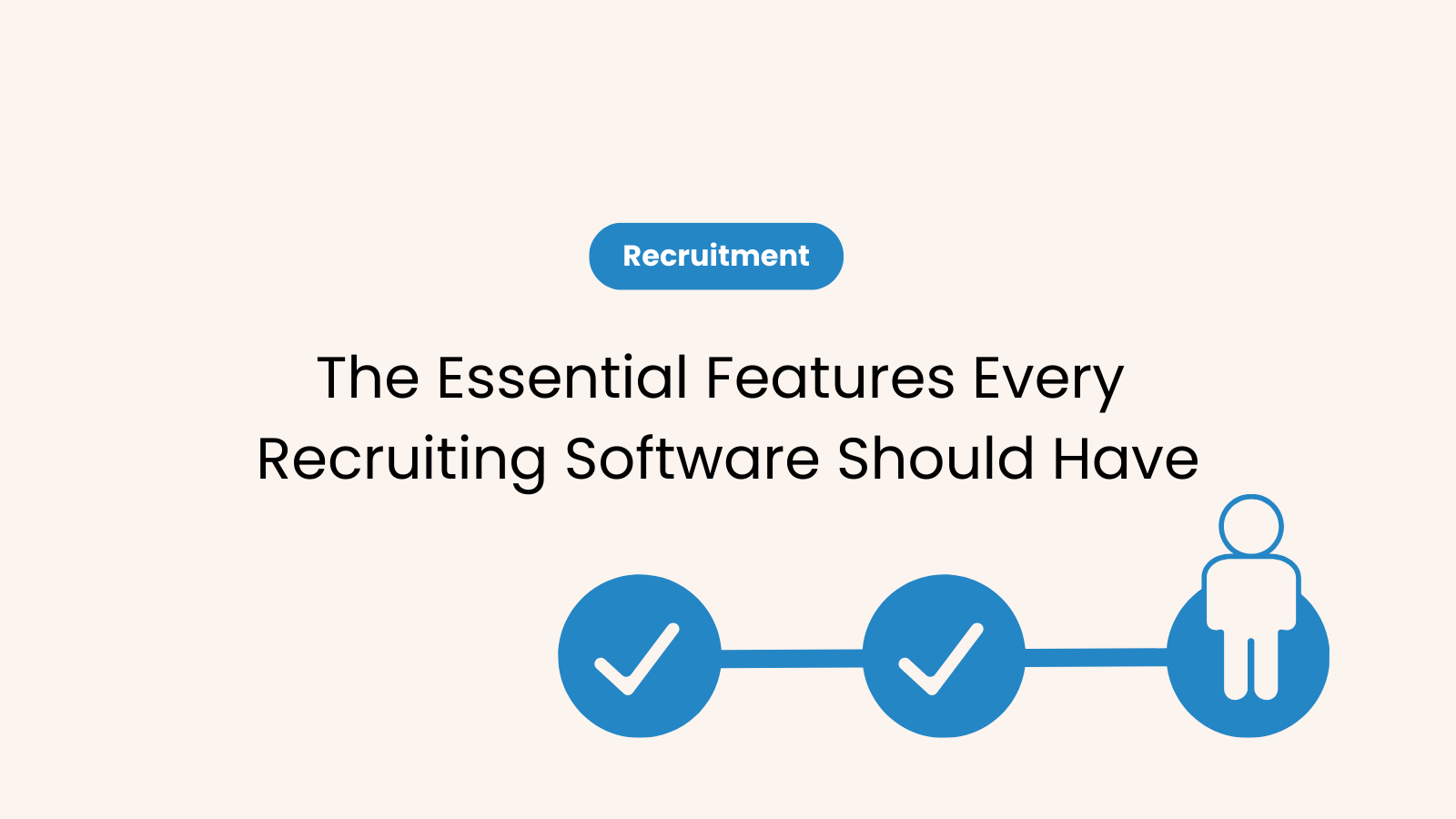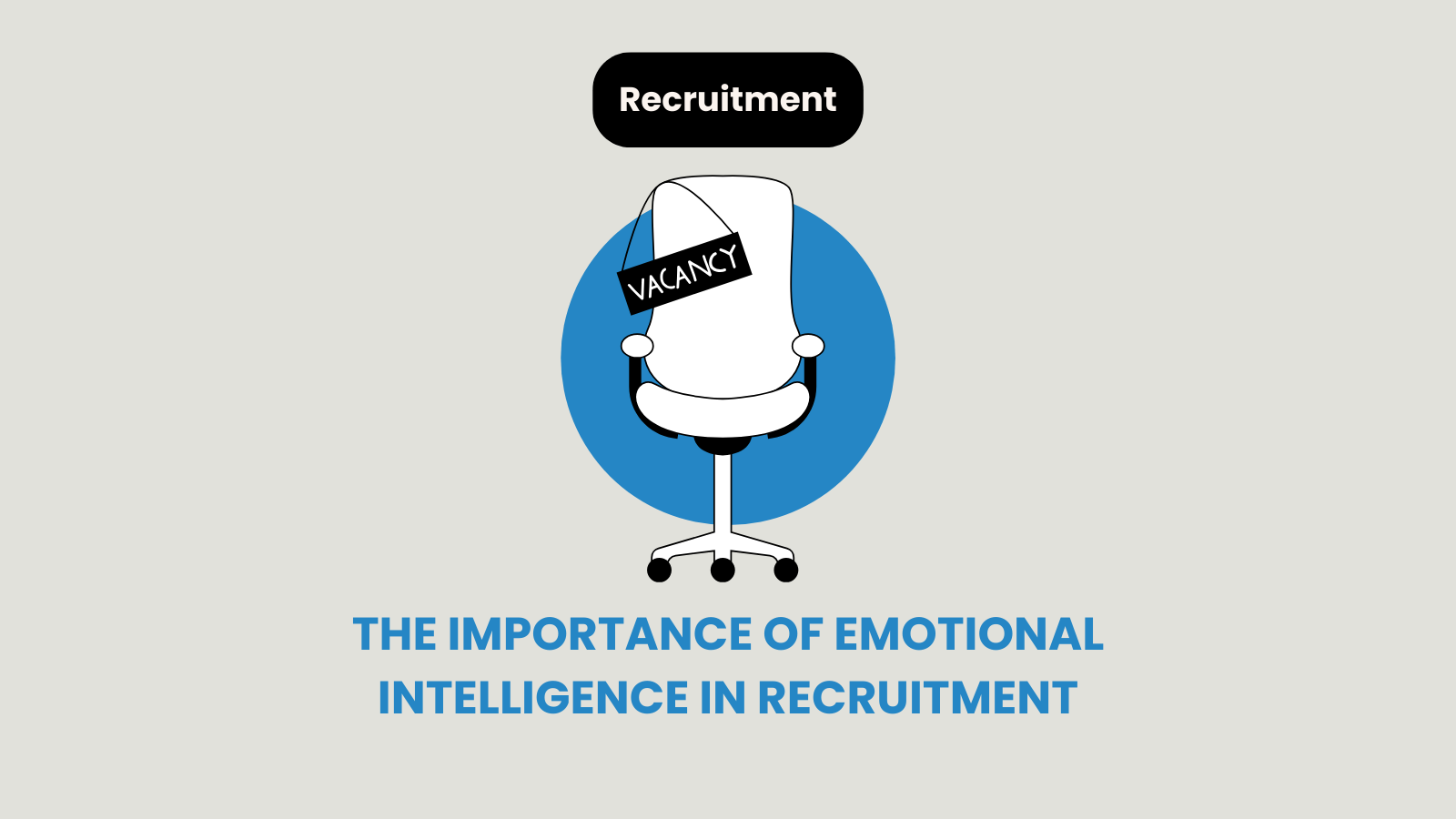One person can’t and shouldn’t do everything on their own. That’s why gig economy is so great for companies. You can hire experts when you need them so you can focus on your job. Also, people no longer want to sit 40+ hour week in an office, so this is a great way to hire professionals for remote jobs.
According to Intuit CEO Brad Smith, 43 percent of professionals will be gig workers by 2020. Some companies will have to rethink their hiring process because of that. It might be hard to find quality candidates as more shift into the gig economy, but IT recruiting companies can help you to overcome this obstacle.
What is the gig economy?
The gig economy gets its name from each piece of work being related to an individual ‘gig’.
This is an environment in which temporary positions are common, so companies and organizations make a contract with independent workers for short-term engagements. For example, delivery couriers, Uber drivers, and TaskRabbits are all part of the gig economy, and they allow people to connect easily with others in need of simple services.
This is a win-win situation for both companies and employees. In this digital age, work can increasingly be done from anywhere, so freelancers can select among temporary jobs and projects around the world, while employers can pick the best individuals for a specific project.
Workers’ rights in the future
The gig economy can be seen as an evolution of the digital trend. It allows Millennials to get into the workforce easier while giving people an opportunity to change fields of work and find what they’re really passionate about. However, many people are concerned about their rights in the gig economy, but it seems that this won’t be a problem in the future. Even governments are turning to gig economy for help. The government in UK has promised an overhaul of employment rights to improve conditions for millions of workers such as these:
- Enforcing holiday and sick pay entitlements
- Giving all workers the right to demand a payslip
- Allowing flexible workers to demand more stable contracts
Many people hugely value the flexibility that platforms provide, but these rights will make a difference to the lives of the most vulnerable workers. The number of people working for short-term engagements is going to rise in the future, so it’s necessary to set some rules and protect these people.
Tips for hiring in a gig economy
1. Find the best candidate by hiring IT recruitment company
Sometimes, a candidate can have a great portfolio but might be the wrong choice for your project because they lack the expertise to execute your particular task. For example, excellent copywriters may not be great bloggers as well. That’s why it’s important to interview candidates and get to know them better. IT recruitment agencies can help you find the best candidates and handle the onboarding process. This is another useful thing about the gig economy – you can hire IT recruiters to manage the hiring process for you!
2. Be specific about the job
Zero-hour contracts can backfire if you need dependable staff. That’s why is important to make a contract where you describe what you actually expect workers to deliver. Set up specific deliverable that can help both sides agree when the project will be considered complete. It’s easier for freelancers if they have a clear brief outlining your expectations from their work. Also, provide some context for them. You can choose a person from your internal team that will help with training, queries, and management as required. Although your new employee doesn’t sit with you in the office, they need a bigger picture about your company’s goals and importance of the project they are working on.
3. Set up a task management system
There is a number of apps that can help you stay connected with your team. Some IT companies work remotely, and they still manage to get their work done. To ensure that chaos doesn’t ensue, you can use Slack, GitHub, or whatever app fits your company the best. What’s crucial is that you have all documents, tasks, up-to-date information in one place. Employees can edit docs on the go, share up to date information immediately and communicate with each other effectively wherever they are.
4. Create the onboarding process
When you hire an in-house employee, the onboarding process can last for months (and it should). However, you can’t afford for the process to take this long when you hire a permanent employee. IT recruitment companies can help you strip out unnecessary training and provide documents with information that you can use for every new employee. Recruiters can handle their questions about the company and the job, but they will also ensure that both sides are happy with the contract.
5. Provide feedback
Working with people means that you should have a two-way dialogue. Being a freelancer can be hard if you don’t have all the information needed. Have I done the work well? Encourage freelancers to ask this question, or tell them before they even ask. Have a five-minute chat to tell them what went well and what didn’t. If you have a problem with their work, tell them. However, if they get the job done well, commend them in front of others. That will motivate employees and give them the confidence to continue working on the project. Furthermore, let them give you feedback about the company as well. You can improve your company’s reputation by listening to others.
6. Don’t underestimate employees value
Just because they don’t work from the office doesn’t mean that you should pay them less than the market rate is. If you want a job done well, then pay well. A significant drawback for gig workers is the lack of benefits available to them. If you pay them well, they will be happy to purchase their own benefits as and when they need them. If you’re not sure if the person you hired is right for you, offer to pay for the time the ‘try out’ takes. Then, if both sides are satisfied, offer to pay them more. Remember, a bad deal can affect your company’s reputation.
Here is one quote from Red Adair for you: “If you think it’s expensive to hire a professional to the job, wait until you hire an amateur.”
7. Realize that you’re not the only client
Both companies and employees know that the contract is going to end when the work is done. That means that you’re probably not the only client to the person you hired. The disadvantage of the gig economy is that this person may not be dedicated solely to you and your project. However, if you are organized enough, you can deliver all the information on time so the job will be done well.
Conclusion: Gig economy is not for everyone
The fact is that not everyone is productive working from home, and not every project manager is able to handle their team from a distance. Moreover, some jobs require an intrinsic understanding of what your company does or the way project should be done. Make sure that you consult your IT staffing agency about the new opening in your company. They can assist managers in how to manage gig workers, but they can also handle legal requirements and contractual obligations.
So, what do you think? Is the gig economy the right choice for your company? Let us know!




